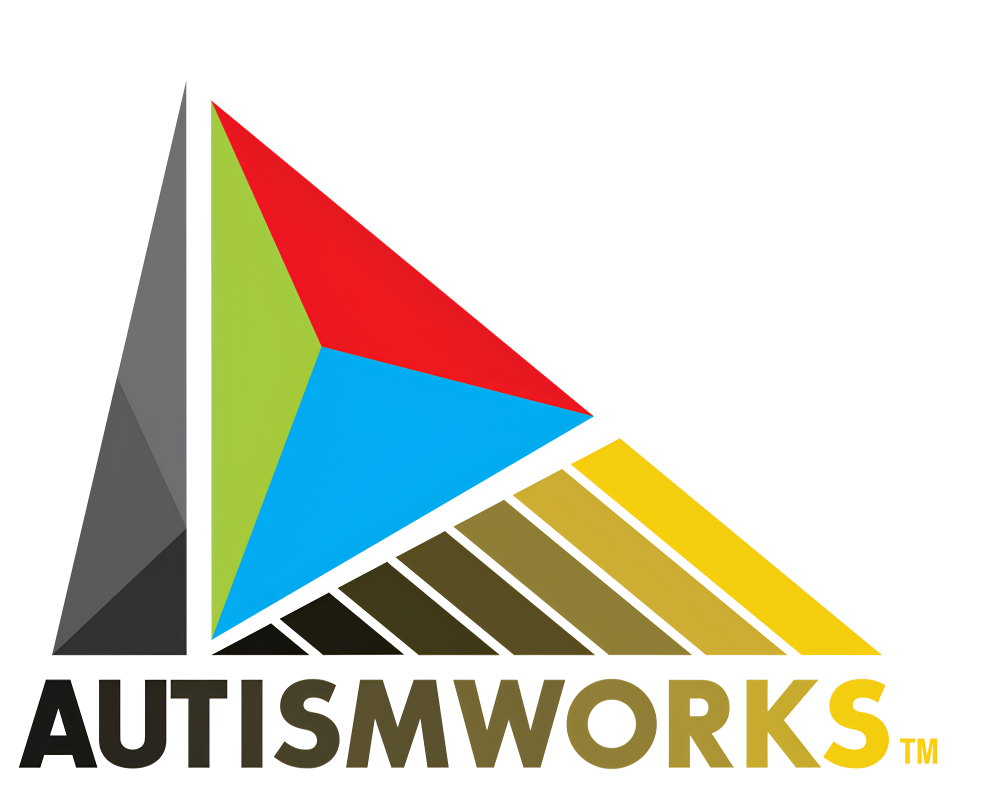Mastering Organization and Focus: Executive Functioning Tips
Hello AutismWorks Community,
Executive functioning plays a crucial role in managing daily tasks, from organizing activities to completing goals. For individuals with autism, challenges in this area can affect time management, task completion, and overall independence. But with the right strategies and tools, executive functioning skills can be strengthened to foster confidence and success.
In this edition, we’ll explore practical tips for enhancing organization, planning, and focus, using simple tools like checklists, timers, and visual schedules.
What is Executive Functioning?
Executive functioning refers to a set of mental skills that help with planning, organizing, and managing time and tasks. These skills are essential for everyday life, but they can be more difficult for individuals with autism due to differences in processing information and managing transitions.
Key components of executive functioning include:
- Organization: Keeping track of information and materials
- Planning: Setting goals and deciding how to achieve them
- Time Management: Managing time effectively and meeting deadlines
- Task Initiation: Starting tasks independently without procrastination
- Working Memory: Holding and using information to complete tasks
Challenges Individuals May Face
- Difficulty breaking down large tasks into smaller, manageable steps
- Trouble with time awareness and estimating how long a task will take
- Struggling to switch between activities or multitask
- Forgetting important tasks or steps in a process
These challenges can make daily routines overwhelming, but with support, they can be managed effectively.
Strategies to Strengthen Executive Functioning
1. Checklists for Task Management
Checklists help break tasks into smaller, achievable steps. Create daily or weekly checklists for recurring tasks, like getting ready in the morning, completing homework, or cleaning up after meals.
- Why they work: Visual reminders provide structure and help track progress.
- How to use them: Start with simple tasks, and include pictures or icons for non-readers. Check off each step as it’s completed to reinforce a sense of accomplishment.
2. Timers for Time Management
Time management is often a challenge, but timers make it easier to stay on task and track how long activities take.
- Use visual timers: Timers that show time passing with colors or graphics (e.g., Time Timer) help make time more tangible.
- Try interval timers: Set timers for focused work sessions (e.g., 20-30 minutes) followed by short breaks. This technique, known as the Pomodoro Technique, boosts productivity while preventing burnout.
3. Visual Schedules for Daily Routines
Visual schedules provide a clear sequence of daily activities, making it easier to transition between tasks and manage expectations.
- Create structured routines: Include activities like meals, school, playtime, and bedtime. Use images, words, or both, depending on individual preferences.
- Incorporate flexibility: Build in free time or “choice time” to help adapt to changes when needed.
Building Long-Term Executive Functioning Skills
-
Teach Task Prioritization
Not all tasks have the same urgency. Help individuals rank tasks by priority (e.g., “Must Do,” “Should Do,” and “Could Do”) to focus on what matters most. -
Develop Working Memory with Practice
Practice memory exercises, like recalling the steps of a recipe or sequencing tasks aloud, to strengthen working memory. -
Use Digital Tools When Appropriate
Calendar apps, task management apps, and digital reminders can help individuals stay organized. Set notifications for important deadlines and appointments. -
Encourage Self-Monitoring
Help individuals reflect on their progress by asking questions like:- What went well today?
- What could be done differently next time?
- Did I complete what I set out to do?
Support from Caregivers and Educators
Caregivers and educators play a key role in developing executive functioning skills by offering guidance and encouragement.
- Model Organizational Habits: Demonstrate how to create lists, plan meals, or prepare for events.
- Provide Positive Reinforcement: Celebrate milestones, no matter how small, to build confidence.
- Be Patient: Skills take time to develop, so offer consistent support without rushing progress.
Building Lifelong Skills
Executive functioning skills are essential for independence and success, but they take time to develop. With the help of checklists, timers, visual schedules, and supportive guidance, individuals can build the tools they need to stay organized, focused, and in control of their day.
At AutismWorks, we believe in empowering individuals to thrive through practical solutions and positive reinforcement. Let’s continue to support one another in this journey of growth and discovery.
Warm regards,
Tyler McNamer



Responses